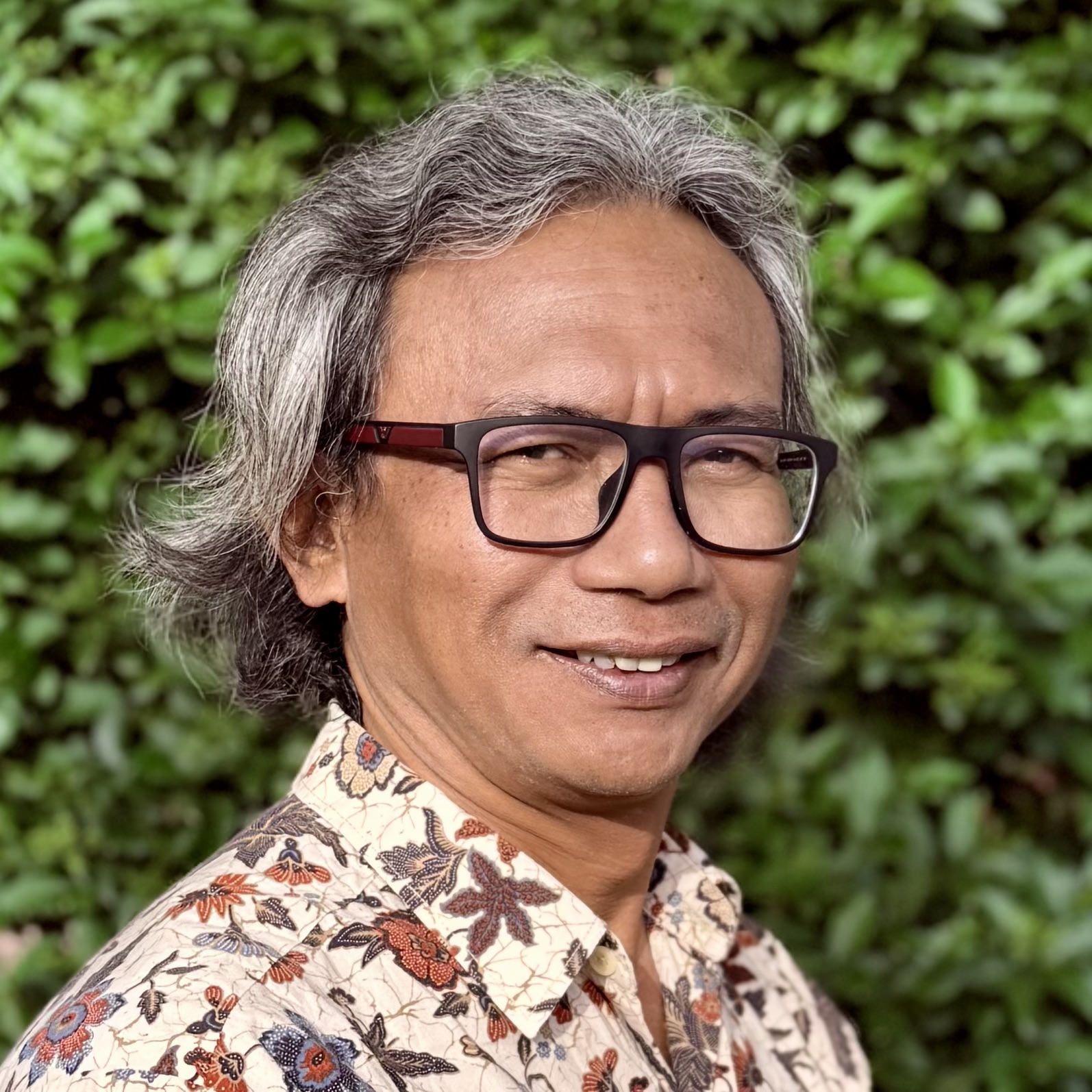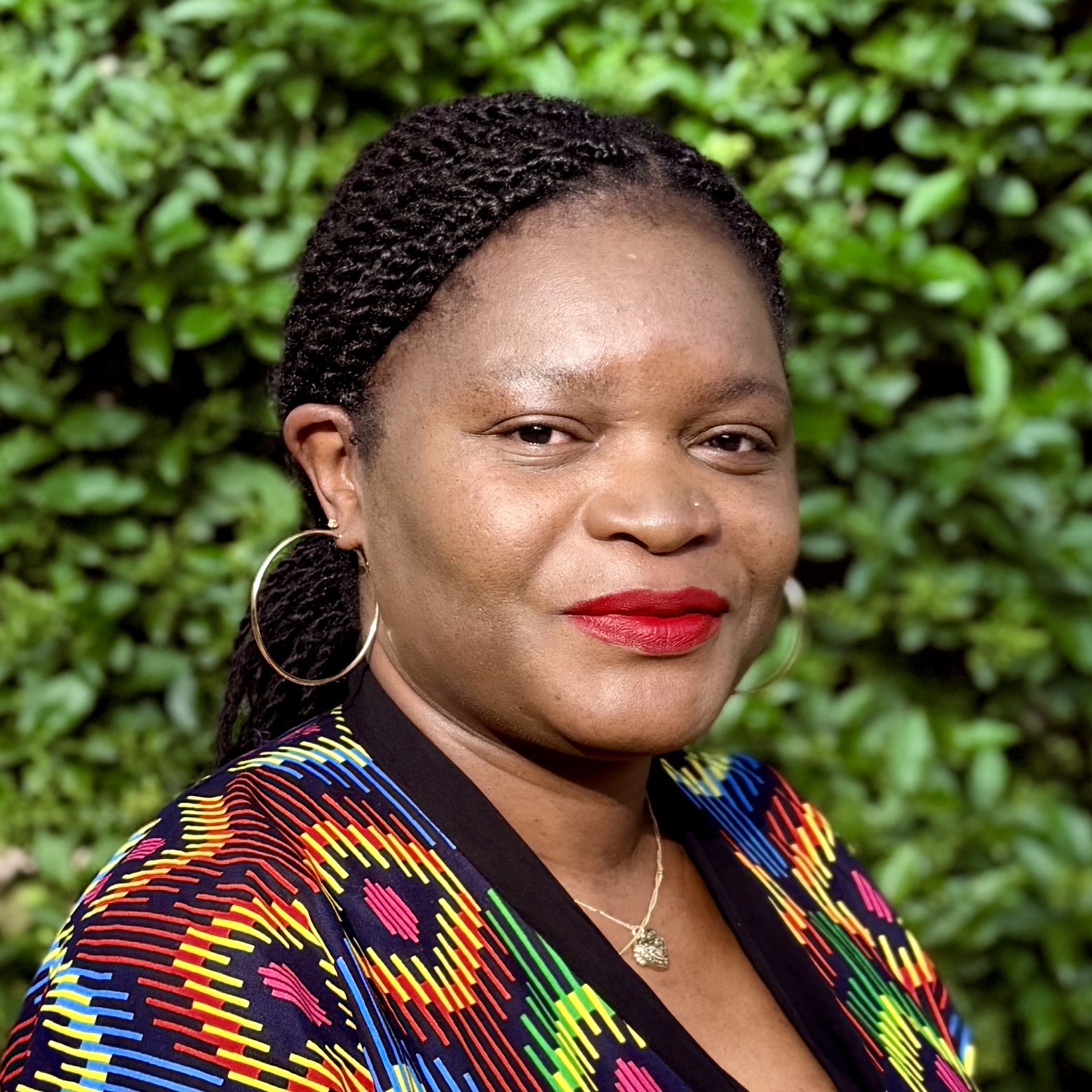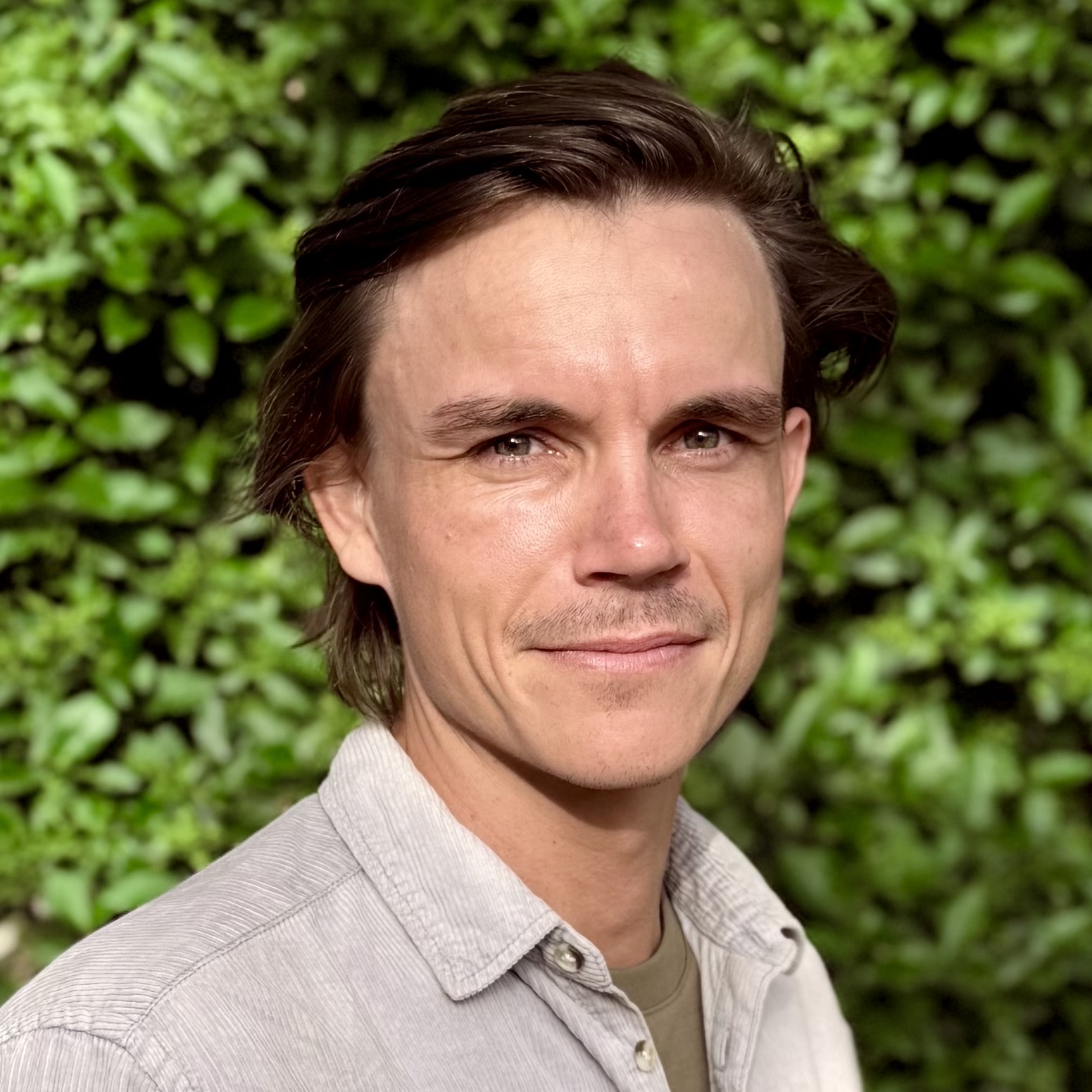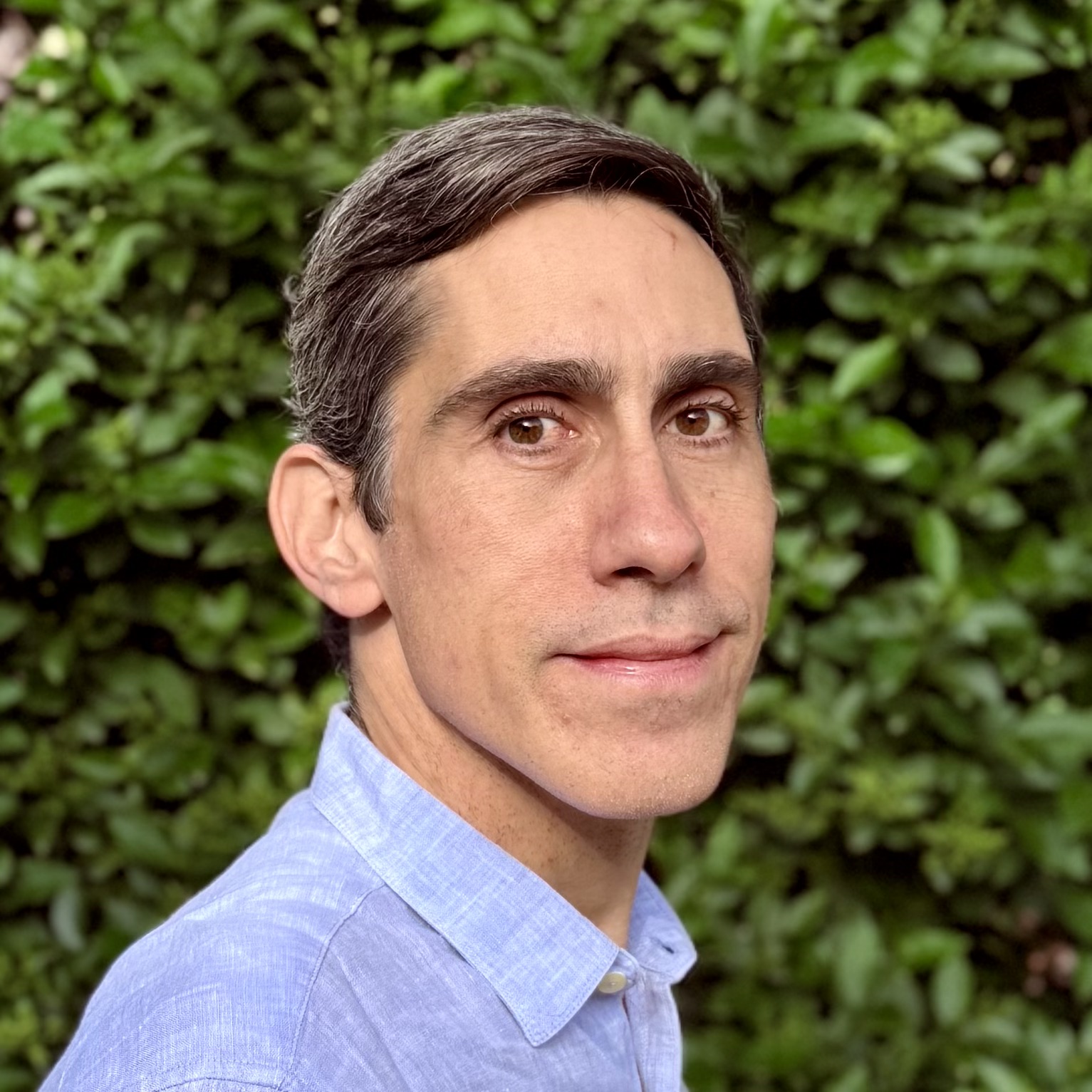
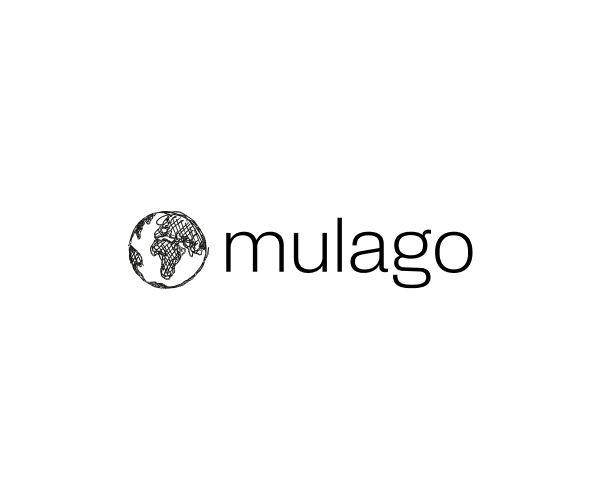
Thiago Picolo
Brazil has 90 million hectares of degraded pastureland—the size of France and Germany together—that's very unproductive for cattle. Forest restoration at scale is possible, but quality restoration that delivers measurable carbon and biodiversity benefits remains rare.
The Idea
Landscape-Scale Forest Restoration

Organization
Organization
re.green
Mission
Restore nature
How it Works
re.green uses geospatial algorithms to identify degraded pastureland with high restoration potential. They acquire land through purchase, lease, or concessions, then apply tailored restoration models—planting up to 80+ native species depending on site conditions. Remote monitoring verifies carbon sequestration and biodiversity gains, creating premium credits for corporate buyers.
Dream
Restoration businesses restore millions of hectares across Brazil and beyond, paid by corporate carbon buyers and enabled by governments opening compliance markets.
Why We Picked Thiago
Mulago has spent years looking for a restoration play that pairs real science with serious business sense to go big. Thiago Picolo brings both—he’s led big companies through restructurings and steered Brazil’s largest fresh food retailer through the pandemic. His co-founders are top-tier restoration scientists. Since taking the helm at re.green in 2021, they’ve built a 16,000-hectare portfolio, planted over 5 million trees, and signed landmark carbon deals with Microsoft and Nestle. The test now is proving that stacked restoration can deliver real biodiversity gains at scale—and inspire copycats across Brazil’s 90 million degraded hectares.


